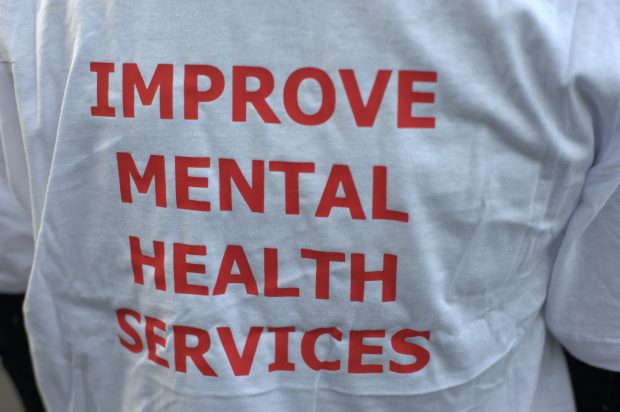Given the level of threats that they face, and the bizarre life they often lead, it’s no surprise that MPs have a higher preponderance of mental health problems than the general public. A study published this week in the British Medical Journal found that 34 per cent of parliamentarians had the symptoms of a common mental disorder, with the rate in the general public at a lower 26 per cent. What’s more striking about the research, which surveyed nearly a quarter of MPs, is that so many of them – 77 per cent – had any idea that there was a dedicated mental health service in Parliament.
The Parliamentary Health and Wellbeing Service is one of a few really positive changes in Westminster over the past few years. MPs have fast access to consultant psychiatrists and courses of private counselling if the service feels they need specialist help. Treatment is carefully anonymised, with names removed from prescriptions and pill packets so that no-one will be able to pick up a bit of rubbish that betrays a personal secret. Even going to a consultation with the in-house doctors is private: it’s not in a particularly well-frequented part of the parliamentary estate and so it is reasonably easy to sneak in without being noticed.
In fact, the PHWS is perhaps too well-hidden, given so many MPs don’t know it exists. Colleagues who are worried about someone who is visibly struggling often turn to MPs who have spoken publicly about their mental illness for advice, and only then do they find out about the service. Not everyone struggles visibly with mental illness, though, or at least not until the problem has become so entrenched that it is much more difficult to treat. The BMJ study also reported MPs feeling they had no-one to turn to, as their party’s ‘pastoral’ structures are also part of the whipping operation. Not all mental health problems elicit immediate sympathy: if you have a substance abuse problem, or your illness is causing your relationships to fall apart, you might not want a party whip to know this, just in case they find it advantageous to use against you when there’s a crunch vote.
That’s why there should be a proper human resources operation within parliament, which is independent of the parties and which gives MPs and their staff a properly-trained and resourced outlet for their problems. In my book, Why We Get The Wrong Politicians, I argue that both those who are elected and those who work for them should have regular appraisals where they are asked probing questions about how they are coping personally in their job. For researchers, this might be the first opportunity to talk to someone about their worries that their boss is behaving inappropriately. For an elected representative, it might be the first time someone has asked how they are doing without any suggestion that the answer could be used as ammunition. MPs would also know what they were entitled to in terms of treatment and support, rather than relying on word of mouth.
Some people might argue that MPs should man up, stop complaining, and at the very least accept that their ability to access mental health care so quickly is at odds with the general population, who can spend a year just waiting for an initial psychiatry appointment. It is certainly true that parliament has a much better treatment system than most voters can dream of. But given the symptoms of even mild mental illnesses involve an inability to concentrate or make decisions, it’s unlikely that life for the average person with a psychiatric problem is going to improve much when the people elected to represent them aren’t well enough to do their jobs.







Comments